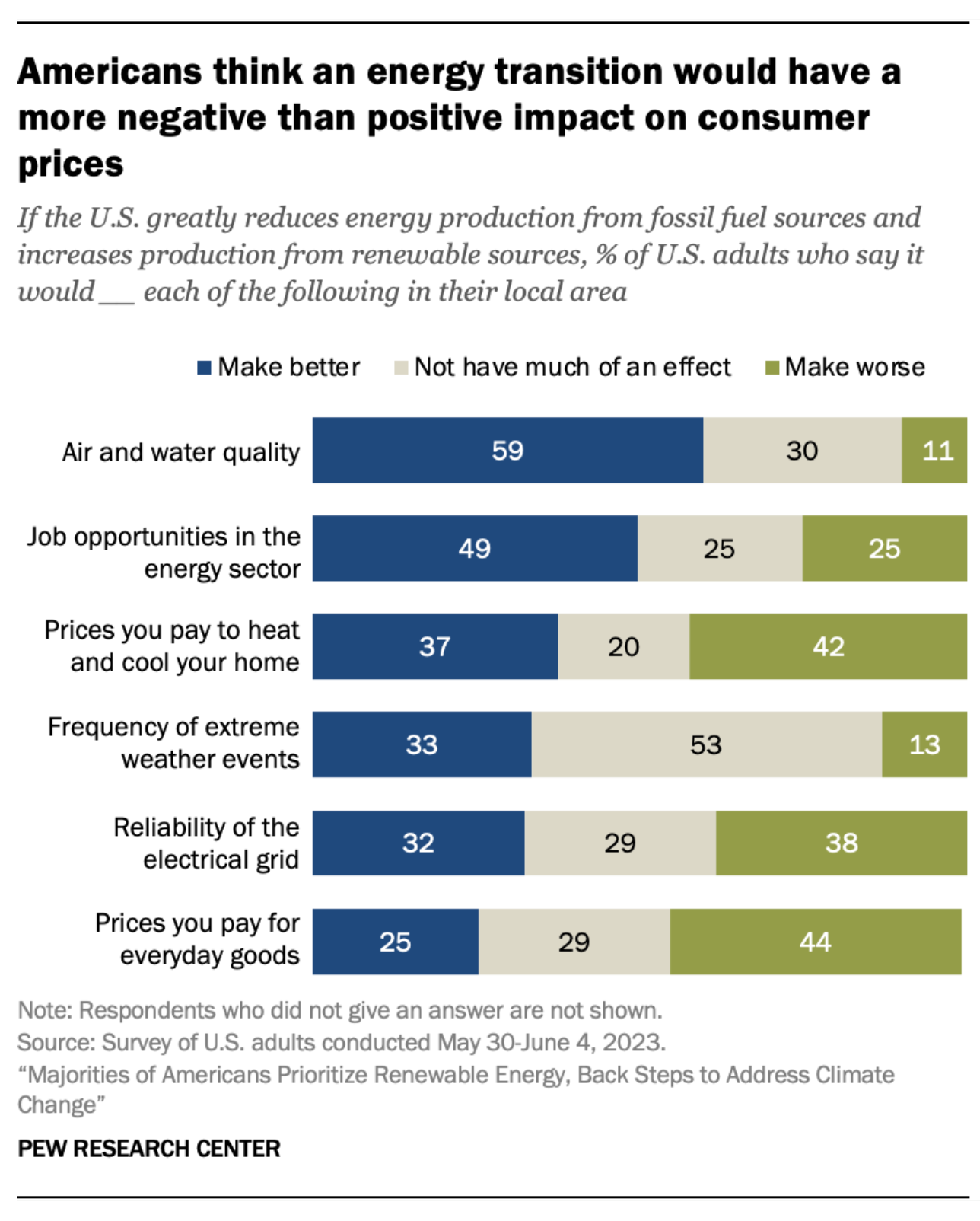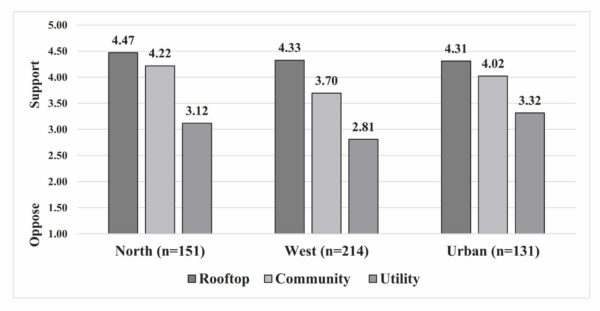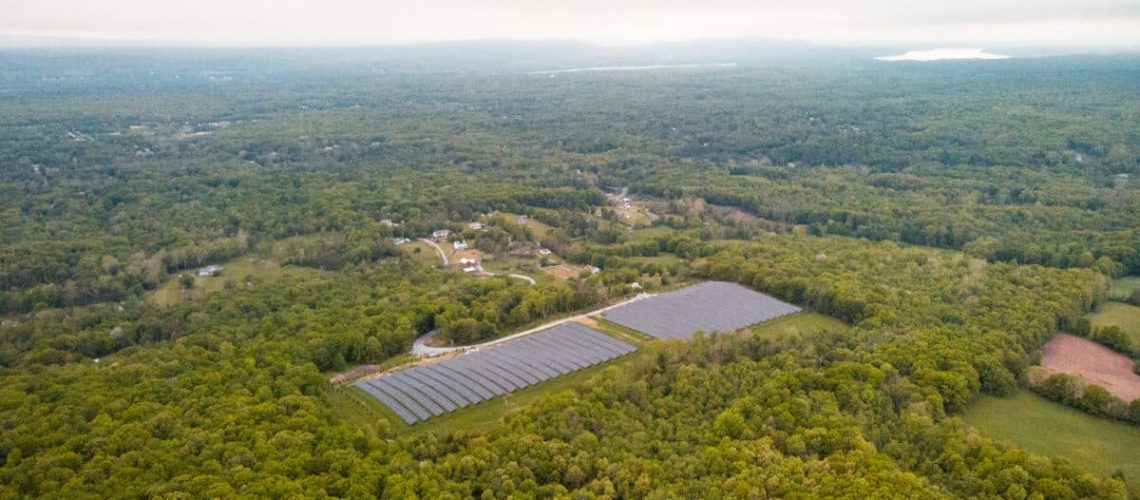Pew Research reports a steady Democratic support for solar energy while its acceptance among Republicans has fallen, particularly following the most recent presidential transition.
Pew Research’s findings indicate that an overwhelming majority of Americans – 82% – support the expansion of solar power. However, a political rift is expanding.
The research discovered that the proportion of U.S. adults who identify as Democrats and favor the expansion of solar power has remained relatively steady since 2016, fluctuating between 92-94%. In contrast, Republican support has dwindled from 87% in 2016 to 70% in the past year – a considerable portion of this drop occurred after Joe Biden’s inauguration as president.
In 2016, the national support for expanding solar power stood at 89%. This figure rose to 92% in 2019, then decreased to 84% in 2021, before reaching 82% in this year’s Pew polling.
Support from Republicans, especially those with more conservative stances, is markedly lower and declining more rapidly, plunging from 80% in 2016 to a recent 63%.
During the same polling period, support for wind energy decreased from 83% to 75%, even as Democratic support was rising. On the other hand, nuclear energy witnessed an increase in approval from 43%, with support from Democrats surpassing 50% and national support reaching 57%. No fossil sources achieved a national support rate above 50%.
Pew’s survey also explored expectations for the potential impacts of an energy transition – a reduction in fossil fuels and an increase in renewable sources. Nearly 60% of the nation anticipates improved air and water quality, yet over 40% predict no effect, or even a potential decline.
When it comes to the cost of everyday goods, 44% of those polled predict an increase, while 38% expect the reliability of the power grid to worsen over time. The political divide in responses to this particular question was even more pronounced, with swings exceeding 100 points in some responses.
The complexity of public sentiment becomes clearer when considering sources beyond the Pew poll.

A recent analysis of opinions on solar energy in New York found near-universal support for rooftop solar. However, attitudes became more nuanced when considering larger ground mount solar installations. Urban residents typically view ground-mounted solar more favorably, while those in rural areas are somewhat less supportive.
Project size is also a significant factor in public opinion. Solar projects larger than 50 acres, often termed ‘industrial’ solar, face considerably more pushback than smaller projects. In contrast, ‘community solar’ projects – those that sell power locally – enjoy more widespread approval.
The location of solar installations also matters significantly. The New York poll showed strong support for siting solar installations on former landfills, industrial sites, and unproductive farmland, while placing them in forests, or on productive farmland, was met with notable disapproval.

Public sentiment takes a notable turn concerning dollar installations on productive farmland when the concept of agrivoltaics is introduced into the dialogue. A study conducted in Michigan discovered that, much like the Pew poll, the vast majority of individuals broadly endorse further solar development in their communities. The introduction of agrivoltaics into the discussion catalyzes a surge in solar approval, to greater than 80%. Resoundingly, nearly 90% of respondents link their increased support to potential growth in farmers’ income and local economic benefits, highlighting these as key reasons for their favorable stance.






